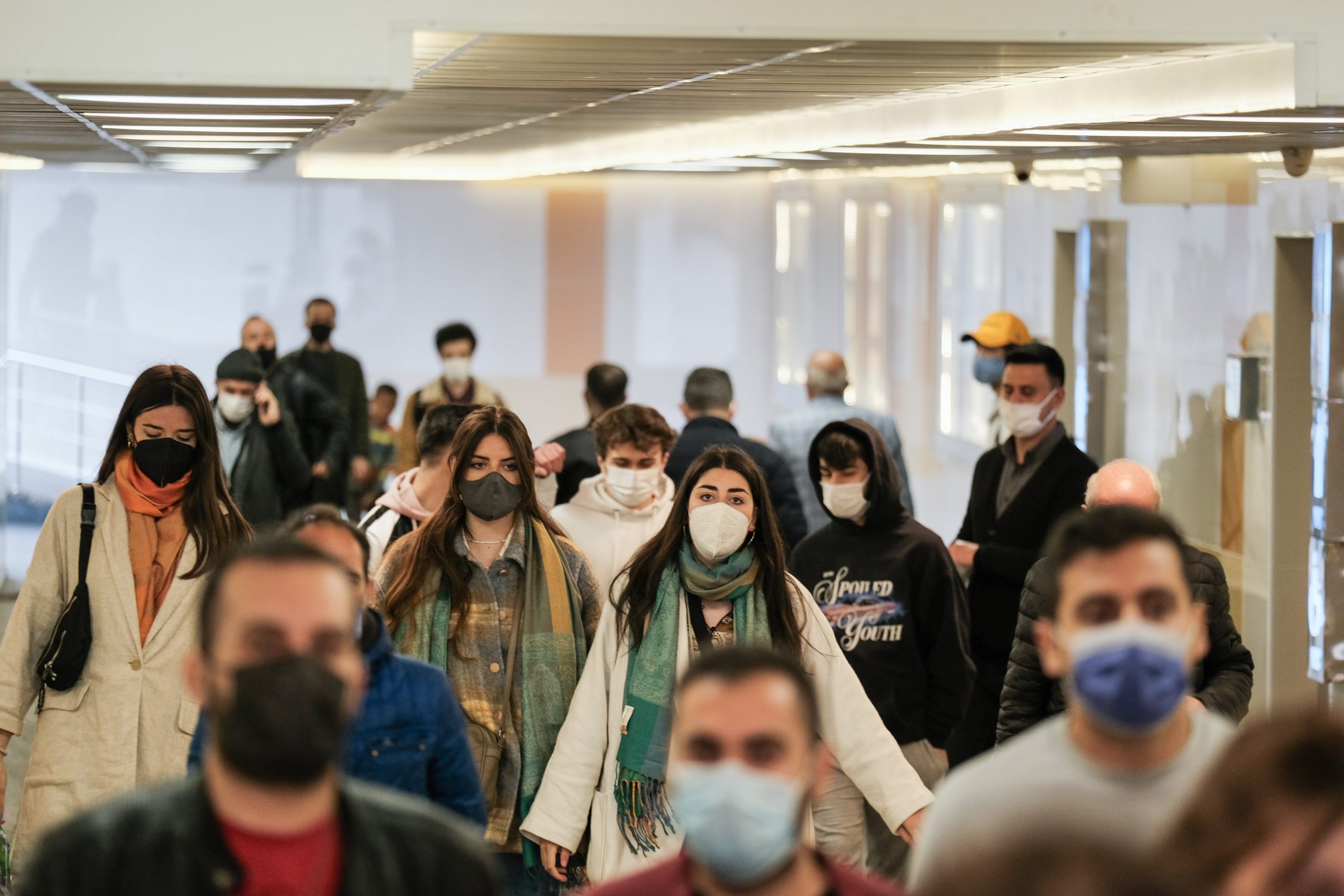The impact of the COVID-19 pandemic is certainly embedded deep in the minds of all Malaysians, especially the community within higher education institutions.

Photos by Oğuz Kandemir / pexels.com
Looking back on the past three years of the pandemic, so many things have changed since then. Accepting and adapting to the new normal is no longer an option, but a necessity. Additionally, higher education is one of the sectors that experienced a significant impact from the pandemic.
COVID-19 Management by Higher Education Institutions
Higher education institutions (HEIs) have previously faced natural disasters such as floods and haze. But the effects of the COVID-19 pandemic surpass these natural disasters. Becuase it has never happened before, lectures had to be postponed for a long period while university lecturers and staff were asked to work from home. Whether we like it or not, it was the only way to reduce the spread of infection caused by the virus at that point in time and to comply with the Movement Control Order (MCO).
The Policy, Planning and Quality Unit (PPQ) at the Swinburne University of Technology Sarawak Campus coordinates all the self-accreditation audits. Inevitably, with the closure of the university and travel restrictions in 2020–2021, 15 accreditation audits for 30 courses were conducted mostly online or in blended mode during that period. Contrary to the belief that physical presence was always more effective, it was found that online meetings were time-saving, especially for outstation panel members as well as local panel members who could skip the time spent on heavy traffic. With this, they were more energised for their tasks and could spend more valuable time discussing audit-related matters.
Moreover, with stable internet, the PPQ members were able to facilitate the video calls and discussions effectively, especially as sharing of files and links was much easier through the online platforms. There was also minimal time spent on physical logistics arrangements, e.g., preparing interview venues and refreshments, which also enabled the PPQ team to better assist the panel members. Indeed, technology can help increase work quality when used correctly.
Traditional Vs New Work Model
While the traditional work model was disrupted by the COVID-19 pandemic, a new era of work is emerging. Nowadays, keeping an eye on employees and ensuring that they are always at their workstations is an outdated approach to managing their work productivity. What matters more is that responsibilities are taken and the desired outcomes are delivered. Also, employees’ well-being is being taken care of while at the workplace. Due to the pandemic, employers have realised that work quality can be maintained or, better yet, improved through remote working, as employees have the opportunity to have a change in their work environment, balance their work and personal lives, and experience an overall improvement in their well-being.
With the growing level of digitalization and increased reliance on information systems, a lot of manual tasks on-site have been made redundant, giving employees the flexibility and convenience to work anywhere, anytime. Building trust and integrity among employees are the fundamental pillars of sustainable success in any organisation’s quest to achieve its vision, mission, and strategic goals. By being results-oriented in a holistic way rather than a taskmaster, satisfied employees are more motivated to excel in their roles or may even go above and beyond at their jobs when given flexible working options.
Ultimately, the COVID-19 pandemic has been a blessing in disguise, creating several significant paradigm shifts that would not have been possible in any other situation. It offers the potential for a more connected, resilient, and forward-thinking global society in the post-pandemic era. In today’s fast-paced and disruptive world, the ability to listen, adapt, and remain agile has become more crucial than ever. These qualities are not just a response to change; they are a proactive approach to thriving in an environment where change is constant.
The opinions expressed in this article are the author’s own and do not reflect the view of Swinburne University of Technology Sarawak Campus. Evelyn Gan and Irene Chang Hui Chung are with the Policy, Planning and Quality Unit at Swinburne University of Technology Sarawak Campus. They are contactable at evgan@swinburne.edu.my and ihcchang@swinburne.edu.my.

